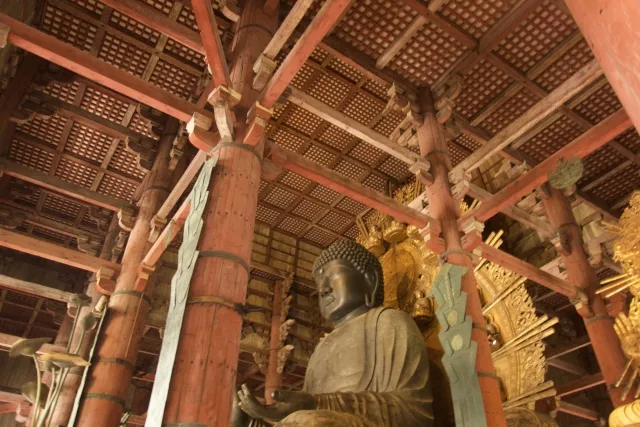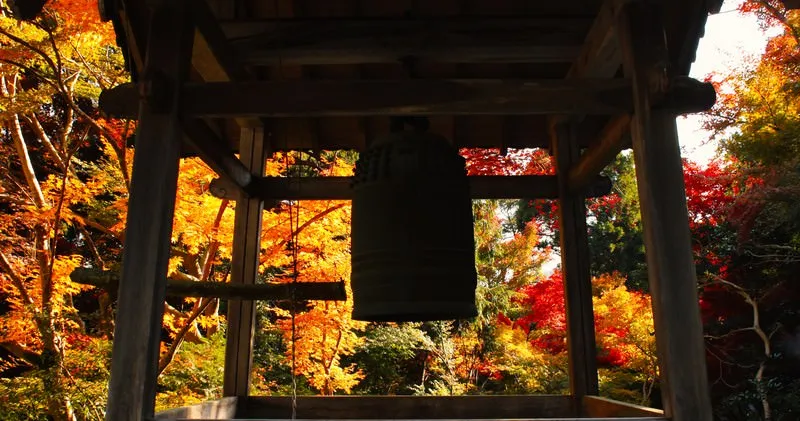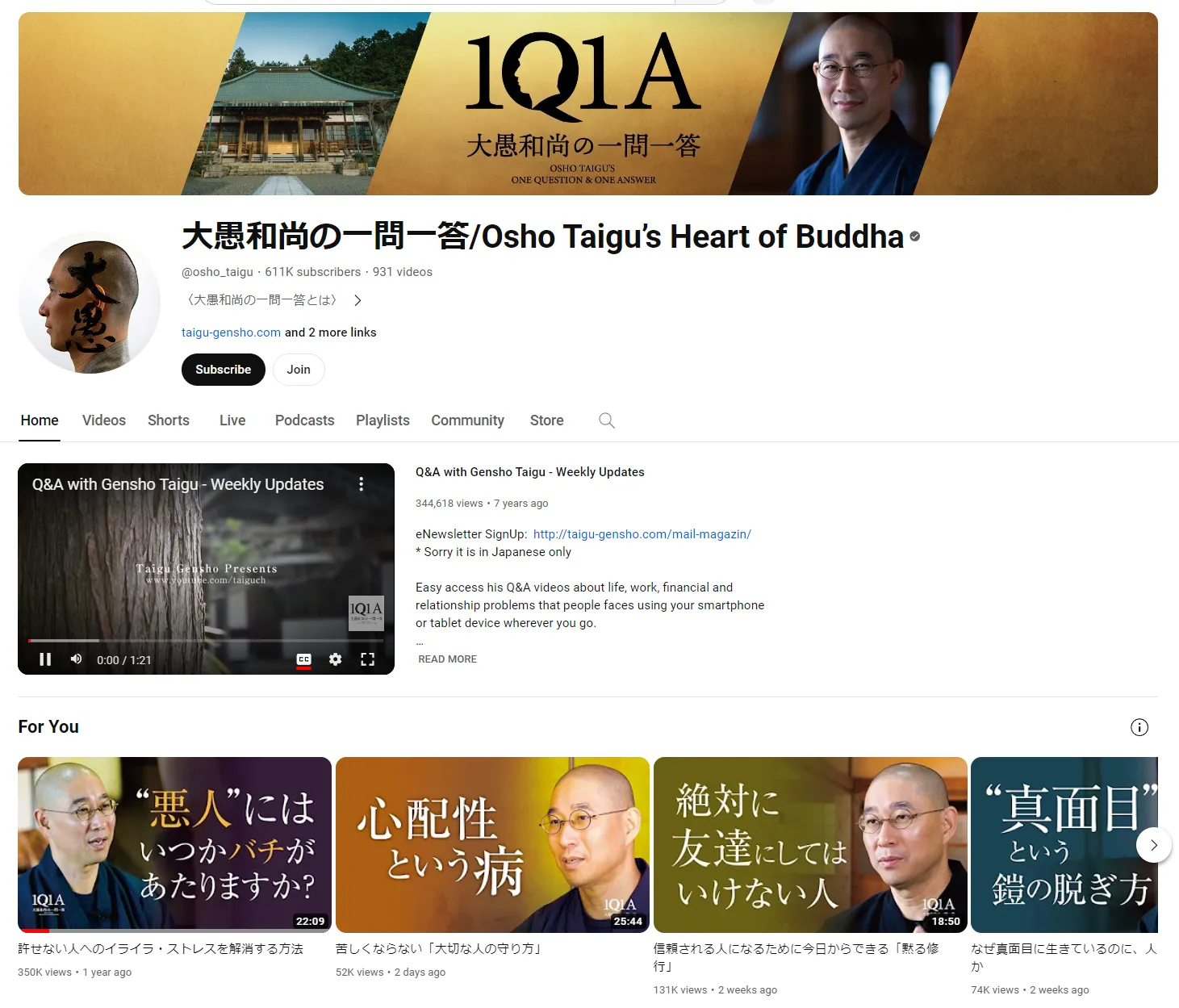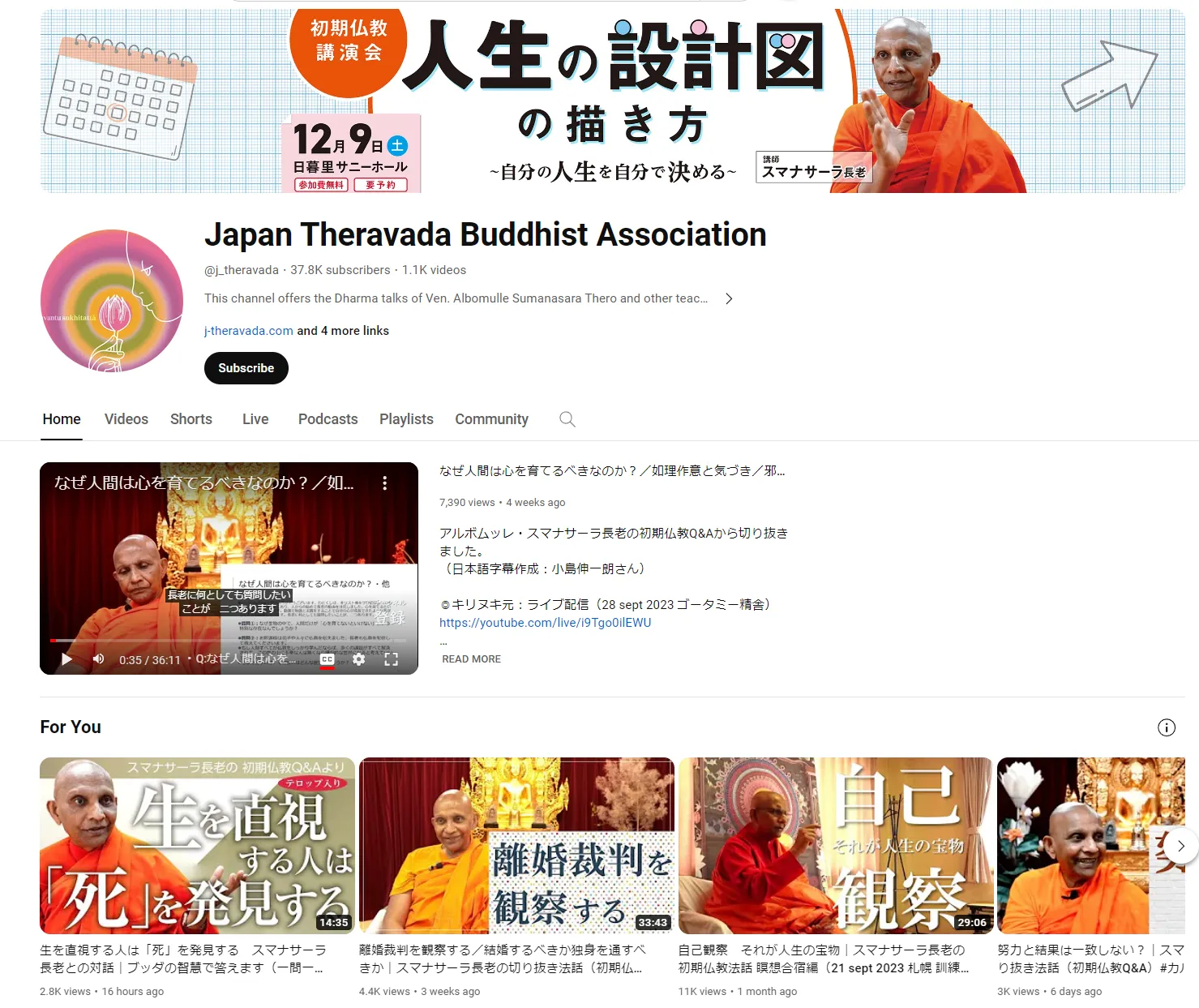November 15, 2023
The Influence of Buddhism in Japan
The Enduring Influence of Buddhism in Japanese Culture: A Fascinating History of Evolution and Cultural Integration
Discover the captivating history and lasting impact of Buddhism in Japan as we delve into its evolution and cultural integration over centuries. Uncover the blend of Buddhism with indigenous beliefs, resulting in a distinctive and vibrant form of Buddhism that continues to shape Japanese culture today.
In this article, well explore the fascinating history and enduring influence of Buddhism in Japanese culture.
Introduction
When Buddhism was introduced to Japan in the 6th century, it quickly took root and became an integral part of the countrys religious and cultural landscape. Over the centuries, Buddhism in Japan has evolved and blended with indigenous beliefs, creating a unique and diverse form of Buddhism that is practiced to this day.
History
The history of Buddhism in Japan begins with its arrival from China and Korea. Prince Shotoku, a prominent figure in Japanese history, played a crucial role in promoting Buddhism and establishing it as a state religion. The introduction of Buddhism brought with it not only religious teachings but also cultural and artistic influences.
Throughout history, different sects and schools of Buddhism emerged, each with its own unique teachings and practices. The Pure Land, Zen, and Nichiren sects are among the most well-known and widely followed today.
Influence on Japanese Culture
Buddhism has had a profound impact on various aspects of Japanese culture. Its influence can be seen in art, architecture, literature, and even daily rituals. Japanese gardens often incorporate Buddhist principles of harmony and tranquility, while traditional tea ceremonies have roots in Zen Buddhism.
One of the most iconic symbols of Buddhism in Japan is the temple. These architectural wonders can be found throughout the country, ranging from majestic mountain temples to serene Zen gardens in the heart of bustling cities. They serve as places of worship, pilgrimage, and contemplation.
Modern-Day Buddhism
Despite the changing times, Buddhism continues to be practiced by millions of people in Japan. Temples are still actively used for religious ceremonies, and Buddhist priests play a role in conducting funerals and providing spiritual guidance. Furthermore, many Japanese incorporate Buddhist practices into their daily lives, such as chanting sutras or visiting temples for meditation.
However, it is important to note that Buddhism in Japan is not purely traditional. Like any religion, it has adapted to the modern world and experienced some decline in popularity. Nonetheless, the core teachings of Buddhism still resonate with many Japanese and continue to shape their worldview.
Buddhism as an EQ booster
In our daily life, we face with anxiety, anger, nervousness, and other negative feelings. In Buddhism, its origin is how to cope with those intangbles, and Budda found out how to deal with those over 2,600 years ago.
For example, meditation is one way to cope with our uncontrollable emotions. Japanese are considered as a non-religious tribe, yet without knowing its origin, people are interact with old practicies.
In Buddhism, the true happiness comes from the mental serenity, not any external factors that stimulates our senses, which as we may know, is the endress greed.
Authentic Sources to Learn Buddhism
- 大愚和尚: Taigu Osho
He is the Buddhism tample priest who has a massive media exposure. Unlike profit-centric religious leaders, his intention is real as far as we watch on his Youtube channel. That channel covers questions from its audience, and he provides answers and practice tips.
- Ven. Albomulle Sumanasara
He publishes multiple best sellers about meditation and emotinal management including anger, anxiety, greed, and others. His very direct expressions in a right context are not even offensive yet simply funny. He says, "if you have anger, you must realize that you became by far the least educated creature in the planet, yes worse than flies".
Conclusion
Buddhisms influence in Japan is deep-rooted and pervasive. It has left an indelible mark on Japanese culture, from its religious practices to its artistic expressions. Even in the face of changing times, Buddhism continues to be an important part of many Japanese peoples lives. By appreciating the rich history and ongoing influence of Buddhism, we gain a deeper understanding of Japan and its fascinating cultural heritage.





